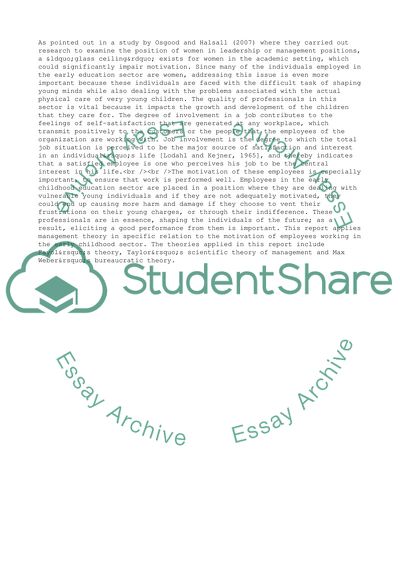Cite this document
(Management Theory and Practice in the Early Childhood Education Coursework, n.d.)
Management Theory and Practice in the Early Childhood Education Coursework. https://studentshare.org/management/1733661-management-theory-and-practice
Management Theory and Practice in the Early Childhood Education Coursework. https://studentshare.org/management/1733661-management-theory-and-practice
(Management Theory and Practice in the Early Childhood Education Coursework)
Management Theory and Practice in the Early Childhood Education Coursework. https://studentshare.org/management/1733661-management-theory-and-practice.
Management Theory and Practice in the Early Childhood Education Coursework. https://studentshare.org/management/1733661-management-theory-and-practice.
“Management Theory and Practice in the Early Childhood Education Coursework”. https://studentshare.org/management/1733661-management-theory-and-practice.


